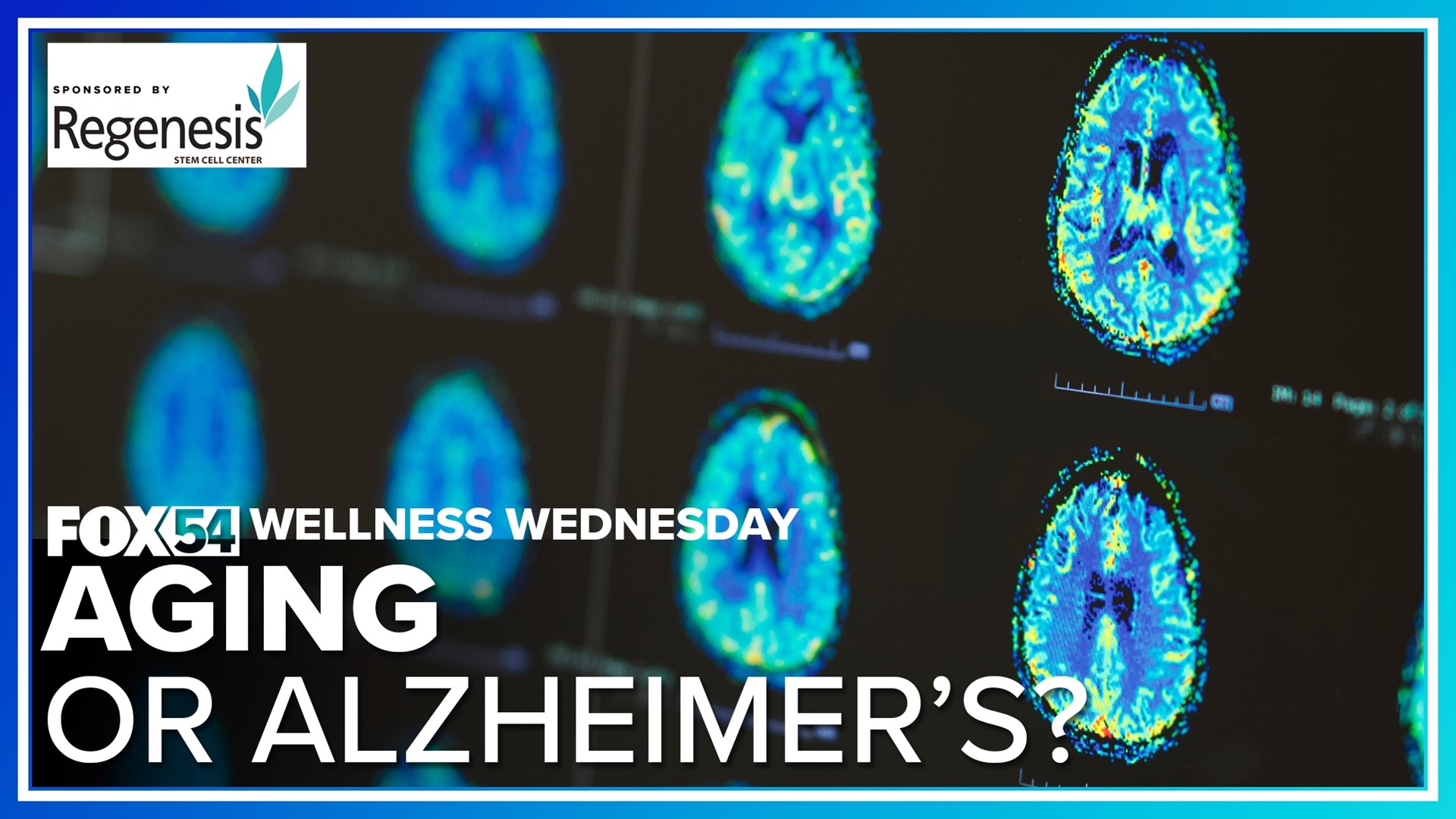HUNTSVILLE, Alabama — The CDC reports that the number of older adults with Alzheimer's disease is expected to nearly triple over the next 40 years? This Wellness Wednesday we learn signs of Alzheimer's verses dementia. We also share some signs that your loved one could be developing Alzheimer's or is just experiencing normal aging.
UAB Associate Professor of Neurology Marissa Natelson Love said, "Alzheimer's is not part of normal aging. Age is the biggest risk factor for people to develop Alzheimer's. But not everybody that ages get Alzheimer's. So, with normal aging, "... people have decreased speed of processing of how they think. So, they might not remember that word right when they need it or why they came into the room or where they set something down."
However, in somebody with Alzheimer's Disease they may forget that they set the item down and then lose it completely and not be able to retrace their steps. "They may not remember an event happening or even a conversation happening at all. They'll lose the memory of events that have happened," Natelson Love explained.
The CDC also reports that Alzheimer's disease is actually a type of dementia that causes problems with memory, thinking, language, and behavior. It may begin with mild memory loss... and symptoms can slowly worsen over time.
"So dementia is a syndrome where somebody can't do things that they normally did in order to perform daily activities like they're taking their medicines, driving their car, paying their bills because of their problems with thinking. And Alzheimer's is the most common cause of dementia. But there are other causes of dementia, like vascular disease or some more rare causes of dementia, " Natelson Love continued.
So which of the two does one typically experience first? "Actually, we're learning Alzheimer's Disease is something that involves changes in the brain for 10 to 15 years before they actually have symptoms. Alzheimer's disease can actually be going on behind the scenes for years before people have problems. So Alzheimer's disease is there before dementia happens. And actually people can have a stage before dementia where they are not quite as sharp as they used to be, but are still safe to do those activities."
Natelson love believes anything that makes you concerned that someone might not be safe to do something, it could be time to seek medical attention. "Like they missed a bill or they forgot a doctor's appointment or, you know, you're having the same conversation and having to tell them the same story more than once should be a concern that should be brought to their primary care physician."

